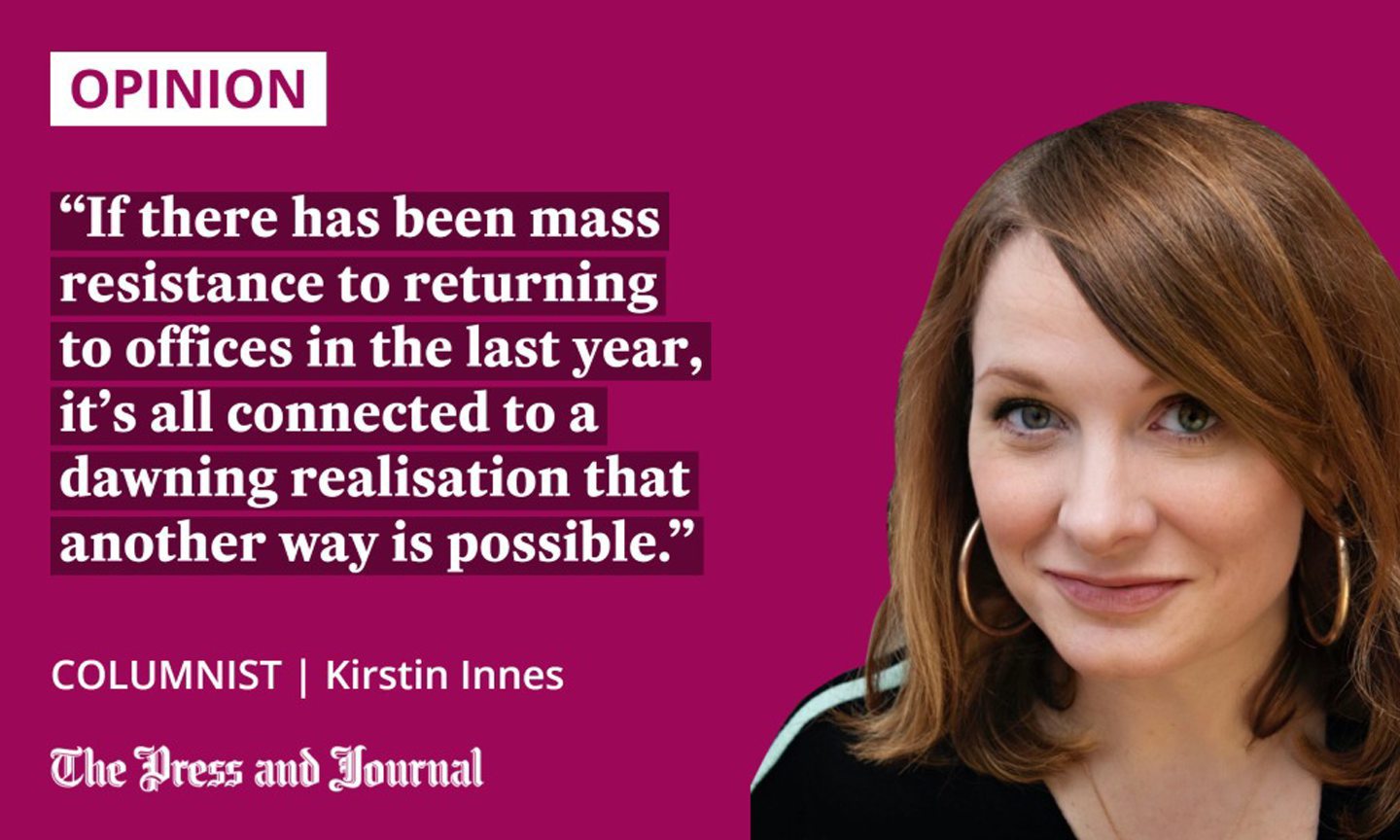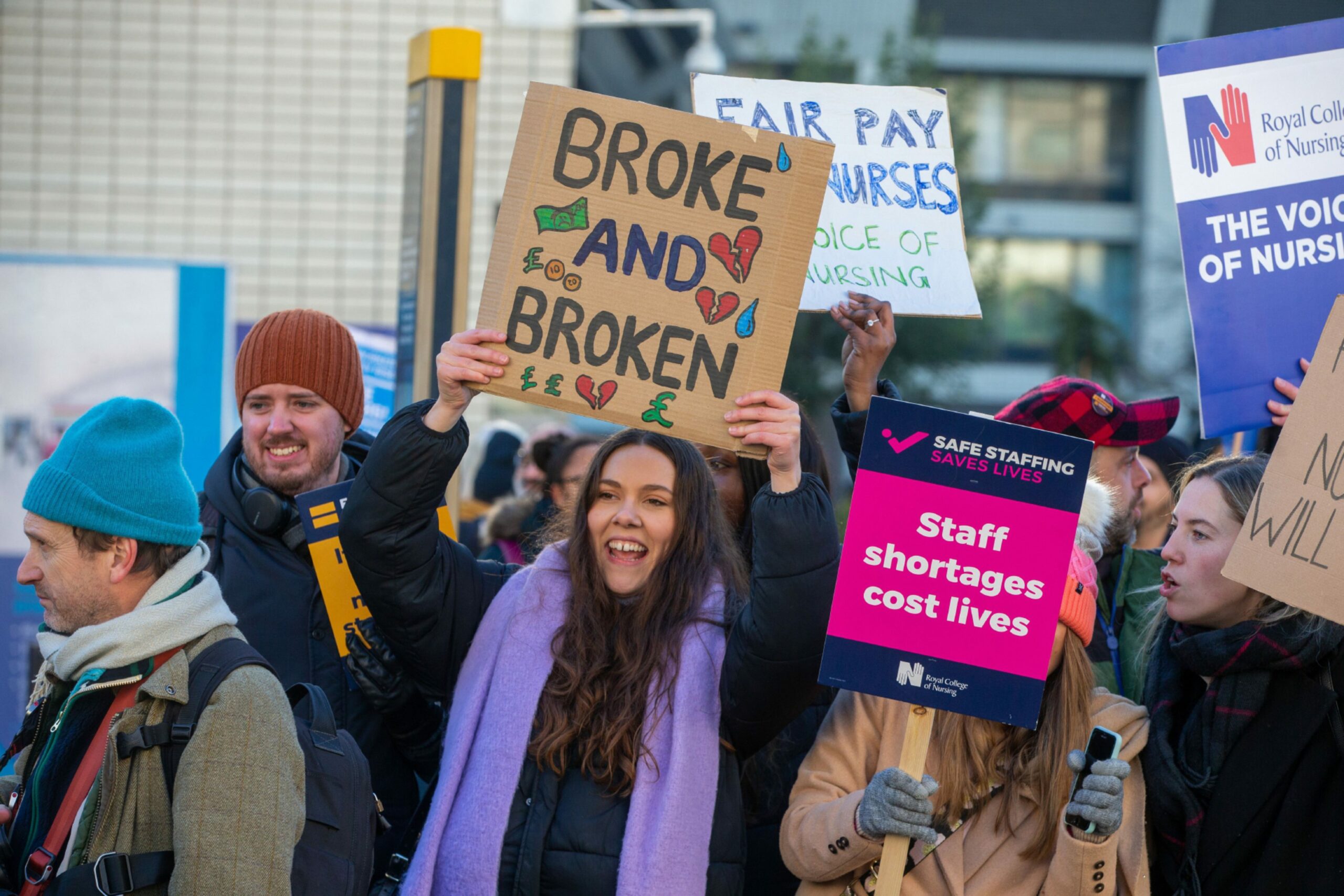As proven by this festive season’s big Netflix hit, Glass Onion, our ideas of fantasy and escapism have changed, writes Kirstin Innes.
Like seemingly almost everyone else in the country, if Netflix’s figures are to be believed, I spent a good, happy chunk of this slow period between Christmas and New Year watching Glass Onion: A Knives Out Mystery.
The film is the newly-released, second instalment of Rian Johnson’s all-star whodunnit series, lead by Daniel Craig as super-sleuth Benoit Blanc.
As Official Big Christmas Movies go, it’s an odd one. At Christmas time, over the two decades of my adulthood, at least, we cinemagoers have liked to lose ourselves in blockbuster spectacle, in elves and magic, super powers and galaxies far, far away. But we’ve changed.

Last year’s big festive week Netflix hit was the equally angry Don’t Look Up, in which a similarly starry cast dealt with the imminent destruction of the planet, in an extended, downbeat metaphor for media denial of climate change.
On the face of it, perhaps Glass Onion is still offering us an indulgent fantasy world. There might not be any magic or time travel, but the majority of the action takes place in the alien world of the 1%, set on the private island of a twitchy Elon Musk-esque tech billionaire, equipped with robot servants and priceless works of art.
And, it fulfils its escapist remit – for a while, at least. The whole thing is sumptuous; the architecture, the sunset over the infinity pool, the glorious couture on Kate Hudson and Janelle Monae, while Craig’s detective is such a glossily enjoyable Christmas ham, Nigella must have basted him in cola pre-shoot.
We’re past the point of subtlety
However, Glass Onion, like Knives Out before it, is laden with satire, and the sort of political consciousness now appearing so often in Hollywood productions, it’s being termed “eat the rich programming”. The Washington Post described the film, as well as the popular HBO series, The White Lotus, as “an appropriate end to a year shot through with billionaire fatigue”.
Glass Onion’s script, and Craig’s performance, lead us to understand the team’s disdain of those with wealth who spit out and use people. Like Don’t Look Up, the satire is not especially subtle. Maybe that’s the point.
The last few years have also seen a huge increase in popularity of the artist Christopher Spencer, better known as Cold War Steve, whose surreal photomontage collages place images of right wing politicians into works of art, passing comment on the extremes of wealth disparity, populist racism hawked by certain media outlets, and pandemic mismanagement.
Spencer’s collages, with their Rabelaisian depictions of Boris Johnson’s excess and repeated references to Hieronymus Bosch’s hellscapes, are also not subtle – but they seem to be chiming with what we’re feeling right now. Subtlety has gone the same way as fantasy escapism.
— Cold War Steve (@coldwarsteve) December 22, 2022
It feels significant that Glass Onion is set in 2020, in the middle of lockdown. It opens with Zoom conversations, homeschooling, and a party for 100 people “in a bubble”. From the types of face mask the characters wear, we can tell a lot about them.
Of course, ironically, “eat the rich programming” is a cynical move by a multi-billion-dollar streaming company to tap into a new stream of profit. But it’s still significant that it exists at all.
Rather than using entertainment to escape from memories of lockdown and our new understanding of the way the world is set up, we’re turning and facing it, even at traditionally cosy Christmas time.
People are taking a stand
While the pandemic was traumatic in a multitude of ways, many of us who were lucky enough to be furloughed or supported to stay at home during lockdown experienced, for the first time, a way of life where leisure and time for rest and relaxation, were prioritised over our increasingly demanding work culture. It was the sort of time most nine-to-five workers are usually only allowed… during the week between Christmas and New Year.
People want to enjoy their lives and be more than cogs in a machine
If there has been mass resistance to returning to offices in the last year, it’s all connected to a dawning realisation that another way is possible, and an anger-fuelled awareness of the huge structural inequalities we’ve been meekly accepting for years. People want to enjoy their lives and be more than cogs in a machine.
It’s no wonder that those brave key workers who risked their lives and got doorstep applause rather than furlough – nurses, transport and postal workers – have been the first to strike. I’m pretty sure they won’t be the last.
It’s also no wonder that, despite the government’s best attempts to paint these people as selfish or greedy, poll after poll shows that the majority of the public has sympathy with the strikers. The fantasies just won’t do anymore.
Kirstin Innes is the author of the novels Scabby Queen and Fishnet, and co-author of non-fiction book Brickwork: A Biography of the Arches



Conversation